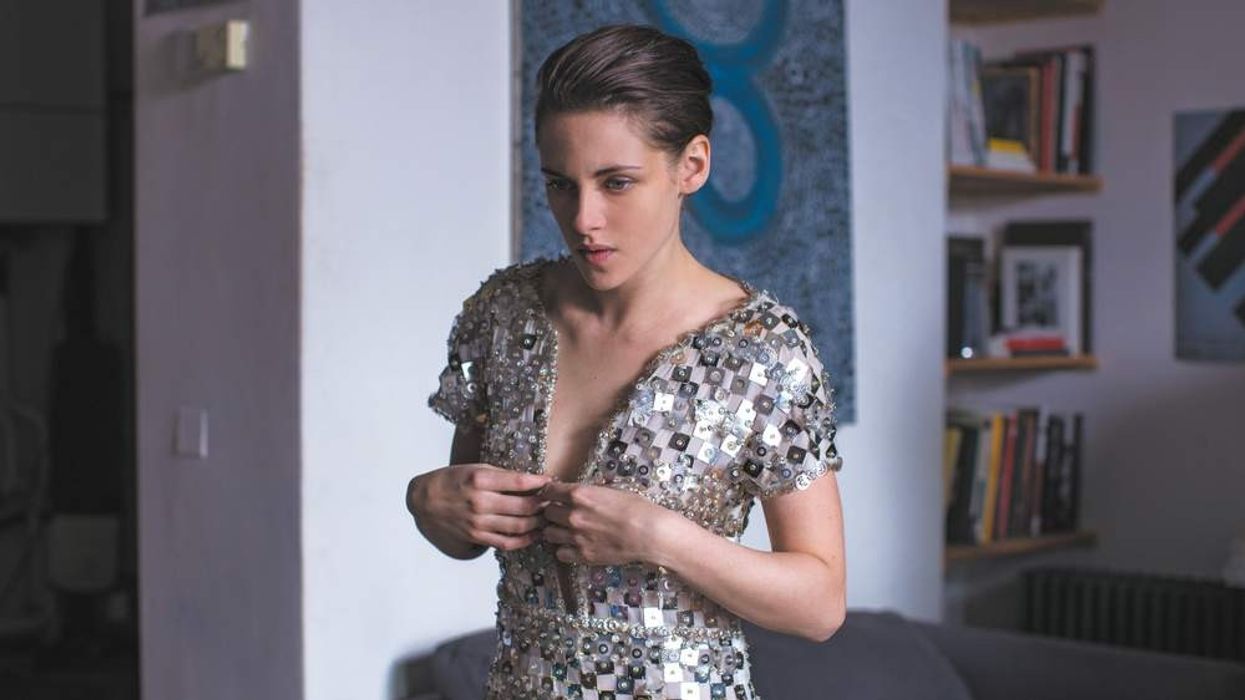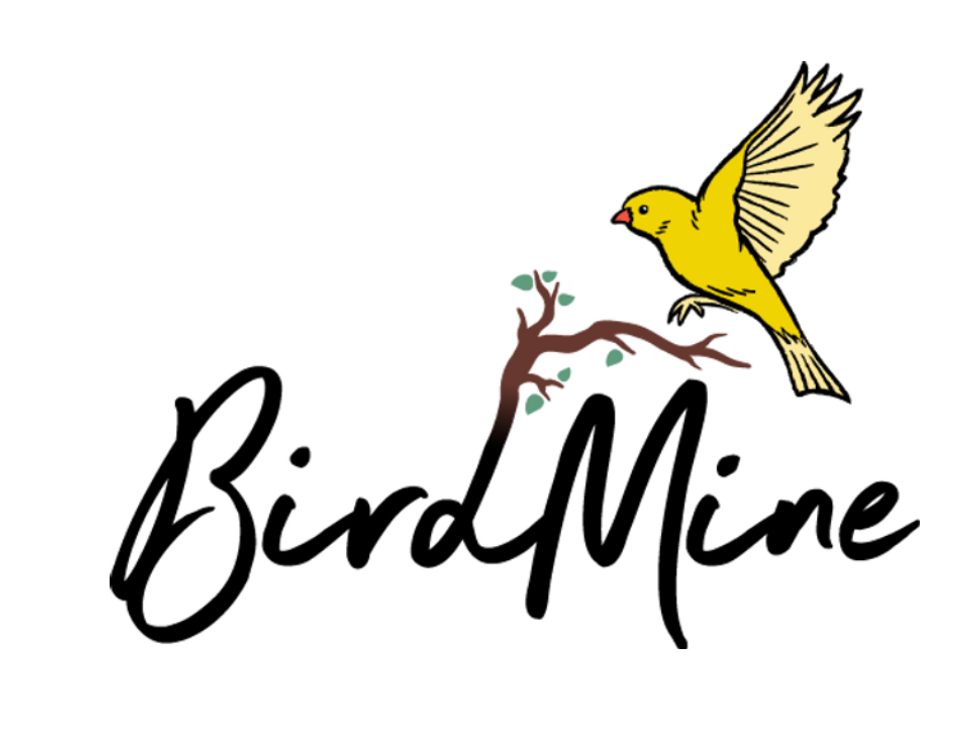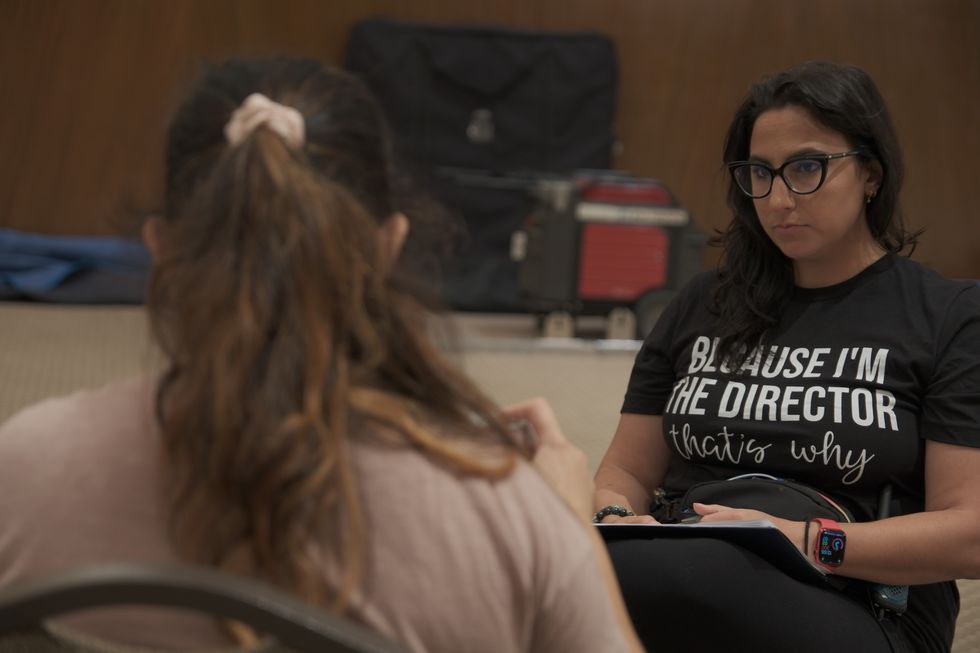Baffling Genre-Benders, Long, Long Movies, and the 1%: Cannes 2016 Dispatch
Previously, we brought you coverage of the festival on the ground at Cannes. Here are our overall impressions.

Deconstructing competition
As he is wont to do, Woody Allen set a crotchety tone for the festival when he called into question the inherent value of artistic competition.
At the very first event, a press conference for his Cannes opener Cafe Society, Allen explained why he prefers to screen his films out of competition. "I don't believe in competition for artistic things," he said. "It's great in sports—that's the objective—but film is all very subjective. You can say what your favorite film is, and that's fine, but for any group to come together and judge the work of other people is something I would never do. I don't want to participate in it."
The party line at Cannes this year? "It was good, but too long."
Directly following Allen's event, the elite jurors were tasked with responding to his assertion that their opinions were, well, irrelevant.
George Miller, this year's jury president, said that the fact of competition was "balanced by the opportunity to see new films in consideration with a group of people this passionate about movies." Likening Cannes to "film camp," the Mad Max director continued, "Yes, you could argue, how do you measure these things that we do in competition? But it’s about the simple joy of being here and watching film."
Mads Mikkelson served up a diplomatic response. "We are all very humbled with the task," he said. "One of the biggest obstacles is to try to forget who we are and become an audience again. It’s important that we keep those eyes instead having filmmaker eyes."

Religious extremism and culture clash
All along the Croisette (Cannes' main thoroughfare), French soldiers armed with large shotguns served as a stark reminder of the country's recent turmoil. Meanwhile, inside the theater—past the rigid security checkpoints—two films dove into the heart of darkness.
Mohamed Diab's Clashfinds Egypt divided between Muslim Brotherhood members and pro-military revolutionaries following the ousting of former president Morsi. In the back of a cramped police van, civilians that have been indiscriminately arrested from both sides must recognize one another's humanity to survive a harrowing drive through violent riots in Cairo. Tensions run so high in the country these days that everyone in Diab's life advised him against making the film; its empathy knows nothing of ideology.
But the characters in Russian director Kirill Serebrennikov's The Student were decidedly less open-minded. When teenage Venya begins interpreting the Bible literally, his manic outbursts cause the school administration to rethink their progressive policy, eventually conforming to his extremism. Venya's biology teacher is diametrically opposed to the wave of conservative thinking Venya has set into motion, but as the only dissident, she is outcasted and driven to the brink of insanity. (For those who relish scientific thinking and a separation between church and state, this is a horror movie of extreme proportions.) Though Serebrennikov does make efforts to get inside Venya's head and discover the necessary preconditions for fanaticism, his film is ultimately a satire that outlines the consequences of a breakdown in critical thinking.

Spotlight on economic disparity
The entire Cannes experience is dominated by glamor. The festival's biggest venue, the Grand Théâtre Lumière, stipulates a black tie dress code; women without heels are not permitted entry. At night, the streets become a playground for the rich. Ballgowns glint with moonlight as the 1% waltz off to their yacht parties.
Needless to say, watching a film about poverty at Cannes can feel a bit like attending a benefit for refugees hosted by Tiffany's. During this year's festival run, labor demonstrations across France froze transportation systems as the working class protested legislation that threatens to exacerbate the 10% unemployment rate.
Economic inequality was the most prevalent issue in the competition movies this year.
I didn't catch the most egregious manifestation of economic disparity at the festival: Sean Penn's The Last Face, about a couple whose humanitarian aid efforts in South Sudan test their relationship. The movie inspired some poetic vitriol, with critics accusing it of being "pompous and ethically bankrupt," among other crimes against cinema. But the rest of the Cannes lineup was peppered with insight; economic inequality was the most prevalent issue in the competition movies this year.
American Honey, Andrea Arnold's wistful portrait of disenfranchised youth selling magazines across the Midwest, offered a slice-of-life glimpse into the struggles of America's poor. In a particularly arresting scene, the main character knocks on the door of a trailer to deliver her usual sales pitch. Two run-down children answer and invite her inside, where it is clear they've been left to fend for themselves. The house is in utter disarray. When their drunk and depressed mother emerges, it's only to haul herself to the couch and collapse. Yet despite their dismal circumstances, the kids are generous, curious, and imaginative. The main character sees herself in them.
The Palme d'Or winner I, Daniel Blake may be the most cut-and-dry of the films that address economic inequality, but it's also the most moving. Ken Loach castigates the British social service system by endearing audiences to the plight of his protagonist, an aging carpenter recovering from a massive heart attack. As he fights to secure welfare benefits, he faces insurmountable long lines and red tape that force him between a rock and a hard place: unable to work and unable to live.

Where have all the editors gone?
The party line at Cannes this year? "It was good, but too long." Such was the case for more than half of the films I saw. About one hour and 45 minutes into a three-hour movie, I would find myself searching for the emotional footprint of the ending. I would find it—thrice. Each time, I would have been happy if the movie ended there, but not because I didn't like it; rather, because the film had expressed itself fully, and it had begun to overexert. (When my significant other takes fifteen minutes to tell a five-minute story, my eyes begin to glaze over, despite how much I truly am interested.)
Now, I used to be a long movie cheerleader. I still believe that some films merit a two-hour-plus runtime. But many of the otherwise great films I saw at Cannes must have had editors with dull scissors. In fact, of the 21 films in the main competition, the average length was two hours; many movies had run-times closer to three.
Olivier Assayas's film is trapped in a purgatory between horror, melodrama, and experimental film.
When I interviewed one of the worst perpetrators, the fully-enjoyable-but-20-minutes-too-longToni Erdmann's Maren Ade, she told me she had tried to cut down on the film's protracted runtime. "It's a long film," she conceded. "But I wasn't concerned about it being too long as much as other people were. I really tried everything to shorten the film, but it lost the complexity. If you make it too short, it's too simple. That's the film: it goes again and again." Ade explained that when she did try to cut out scenes, she felt that she had thrown off the pacing; sometimes, removing certain scenes even caused the film to feel longer.
I think she cut the wrong scenes. Cinema is cinema because it shows you a life—a world—in less than two hours. There's elegance in economy. There's grace in being cognizant of overstaying your welcome.

Genres without borders
Many films at Cannes this year were difficult to describe—but not in the way that Primer is difficult to describe. No, it wasn't because the films had complex plots; it was because they had nebulous genres.
Personal Shopper was one of the festival's most divisive films. Its first press screening was met with boos and hisses. But upon exiting the theater, I was amazed to find that many critics loved it. They thought it was daring and different. Had we seen the same movie? Even if it was those aforementioned things, I found the script half-baked and many moments made me queasy. As a Bulgarian filmmaker aptly said to me, "There was something wrong with the script, no?"
While genre fluidity can be a positive attribute, it didn't play to Personal Shopper's strengths. Like the ghost of the recently deceased twin brother for whom Kristen Stewart spends the movie searching, Olivier Assayas's film is trapped in a purgatory between horror, melodrama, and experimental film.
But other films had more luck. In One Week and a Day, director Asaph Polonsky pulled off a tragicomedy-stoner-drama feat; similarly, Maren Ade deftly navigated absurd, uproarious comedy and stark drama in Toni Erdmann. On set, Ade focused so much on the dramatic elements that both she and her crew forgot they were making a comedy. (All the laughs came out in the editing process.)
Some films even dared to transcend the medium of cinema itself. Like all of Arnold's films, American Honey felt like living a life: frustrating, euphoric, and meandering, marred by disappointments that only gain meaning in retrospect. And in conjunction with an uncanny ability to make the simple feel cosmic, Jim Jarmusch used actual poems in Paterson to create cinematic poetry.

 BirdMine
BirdMine Allison Norlian and Kody LeibowitzBirdMine
Allison Norlian and Kody LeibowitzBirdMine Allison NorlianBirdMine
Allison NorlianBirdMine Kody LeibowitzBirdMine
Kody LeibowitzBirdMine









